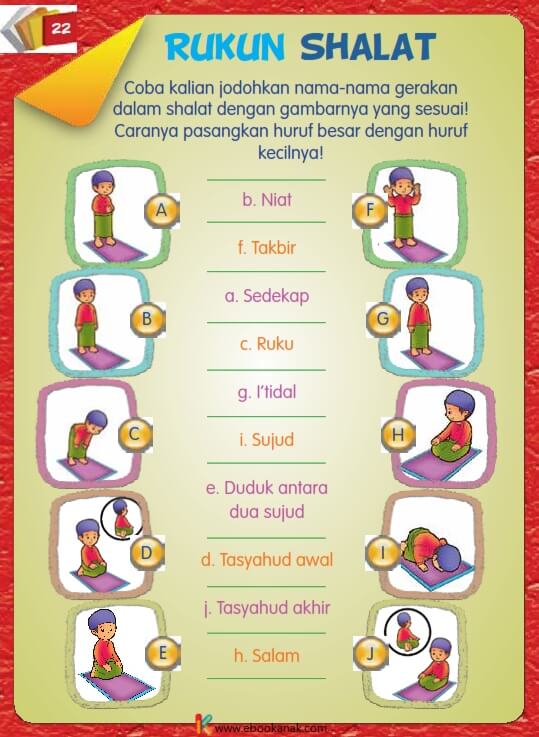

Fourth, salah is described as the second pillar of Islam. Third, Muslims voluntarily offer salah to reveal that it is the particular form of worship that belongs to the prophets. First, in order to commend God, God's servants, together with the angels, do salah ("blessing, salutations") Second, salah is done involuntarily by all beings in Creation, in the sense that they are always in contact with God by virtue of Him creating and sustaining them. Tafsir of the Quran can give four reasons for the observation of salah. In short, it spiritually sustains the human soul. Just as humans physically require food and supplement to stay healthy and alive, the soul requires prayer and closeness to God to stay sustained and healthy. Via salah, a believer can grow closer to Allah and in turn strengthen their faith. Purification of the heart is the ultimate religious objective of Salah. The primary purpose of salah is to act as a person's communication with Allah. "Surely my prayer, and my sacrifice and my life and my death are (all) for God", and "I am Allah, there is no god but I, therefore serve Me and keep up prayer for My remembrance" are both examples of this. Words connected to salah (such as mosque, wudu, dhikr, etc.) are used in approximately one-sixth of Quranic verses. There are about 15 other derivatives of its triliteral root ṣ-l.

The noun ṣalāh ( صلاة) is used 82 times in the Quran. In Malaysia and Indonesia, the term solat is used, as well as a local term, sembahyang (meaning "the act of worshipping", from the words sembah - worship, and hyang - god or deity). In Lak and Avar, chak ( чак) and kak ( как) are used, respectively. Persian and some languages of South Asia), as well as by speakers of the Turkic and Slavic languages. It is used by speakers of the Indo-Iranian languages (e.g. Outside the Arab world, the most widespread terms are the Persian word namāz (Persian: نماز) and its derivatives. The word is used primarily by English speakers only to refer to the five obligatory prayers of Islam. Ṣalāh ( صلاة) is an Arabic word that means to pray or bless. Special prayers are exclusively performed in congregation, such as the Friday prayer and the Eid prayers, and are coupled with two sermons each, delivered by the imam.

When performed in jama'ah, worshippers line up in parallel rows behind a leader, known as the imam. Salah can be performed either in solitude, or collectively (known as jama'ah). These are Fajr (observed at dawn), Zuhr prayer (observed at noon), Asr (observed late in the afternoon), Maghrib (observed at dusk), and Isha (observed after sunset). The daily obligatory prayers collectively form the second of the five pillars in Islam, observed five times every day at prescribed times. Ritual purity and wudu are prerequisites for performing the prayers. The number of rak'ahs, also known as units of prayer, varies from prayer to prayer. Salah is composed of prescribed repetitive cycles of bows and prostrations, called rakat ( sing. Facing the qibla, the direction of the Kaaba with respect to those praying, Muslims pray first standing and later kneeling or sitting on the ground, reciting from the Quran and glorifying and praising Allah as they bow and prostrate themselves in between.

'prayer'), also known as namāz ( Persian: نماز) and also spelled salat, are prayers performed by Muslims. Salah (Arabic: صَلاة, pl salawat, romanized: Arabic pronunciation:, ( in construct state) lit.


 0 kommentar(er)
0 kommentar(er)
